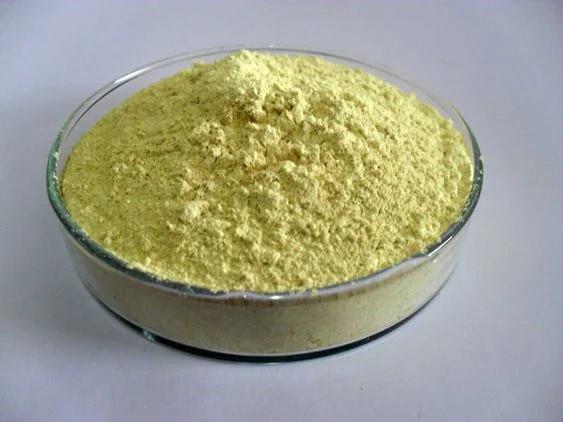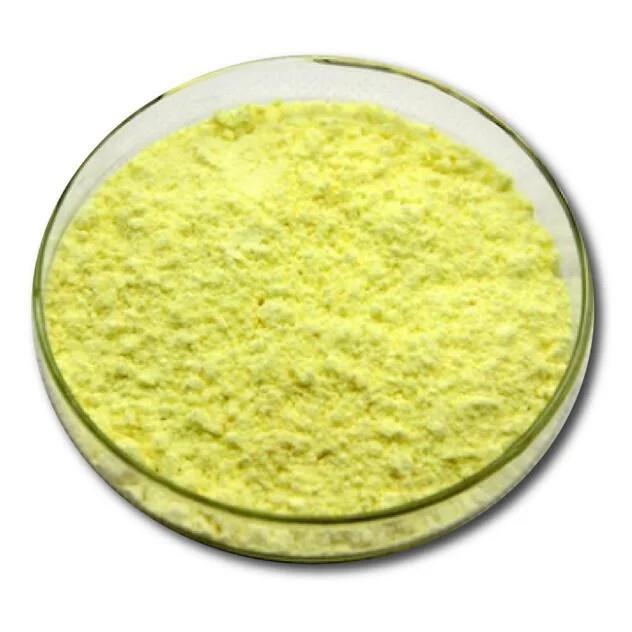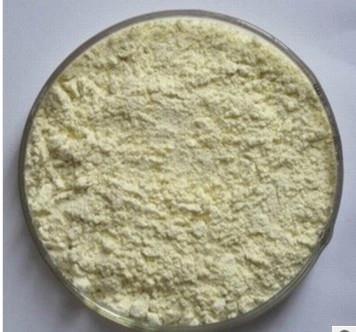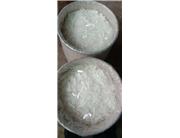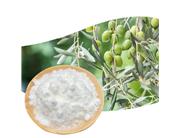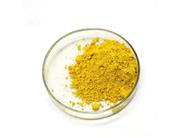Camptotheca acuminata (scientific name: Camptotheca acuminata.), also known as hanlian, Shuili, shuitongshu, Tianzi, hanlianzi, qianzhangshu, yebajiao, shuimozi, is a blue fruit family, Camptotheca plants. Camptotheca acuminata is a kind of high deciduous tree which is unique to China. It is a fast-growing and high-yield tree species. Deciduous trees, up to 20 meters. Bark gray or light gray, longitudinal split into shallow groove. Branchlets cylindrical, flat, the current year branches purple green, gray pubescence, perennial branches light brown or light gray, glabrous, with very sparse round or oval lenticels. Like light, not cold and dry. It has deep root and strong germination rate. It can grow in acid, neutral and slightly alkaline soil, and grow well in limestone weathered soil and alluvial soil.
Camptotheca acuminata is a treasure all over its body. Its fruit, root, bark, branch and leaf can be used as medicine. It mainly contains anti-tumor alkaloids. It has the functions of anticancer, heat clearing and insecticidal. Indications: gastric cancer, colon cancer, rectal cancer, bladder cancer, chronic myelogenous leukemia and acute lymphoblastic leukemia; psoriasis for external use. Camptothecin is mostly extracted in clinic.Camptotheca acuminata is a traditional Chinese medicine. It is the fruit of Camptotheca acuminate Decne. It is distributed in southern Jiangsu, Zhejiang, Fujian, Jiangxi, Hubei, Hunan, Sichuan, Guizhou, Guangdong, Guangxi, Yunnan and other provinces. It is common in Chengdu Plain in Western Sichuan and Southeast Jiangxi. It has the effect of clearing away heat and toxin, dispersing knots and eliminating symptoms. For esophageal cancer, cardiac cancer, gastric cancer, colorectal cancer, liver cancer, leukemia, psoriasis, sore swelling.
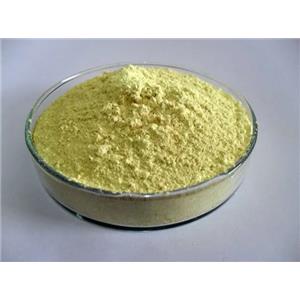
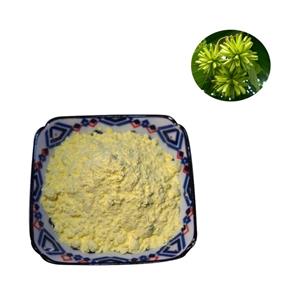
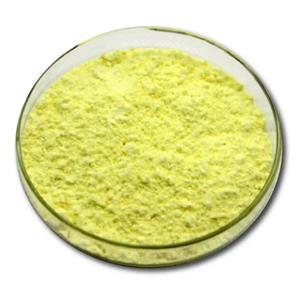
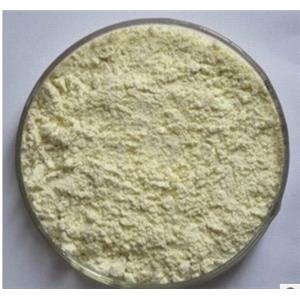
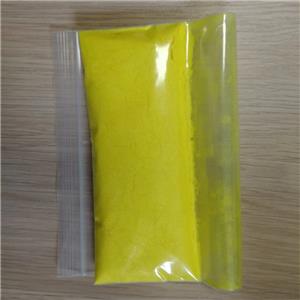

 China
China